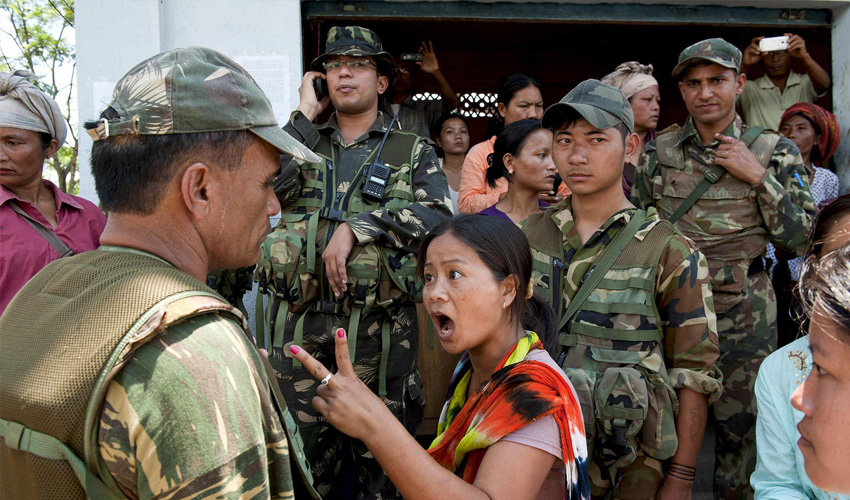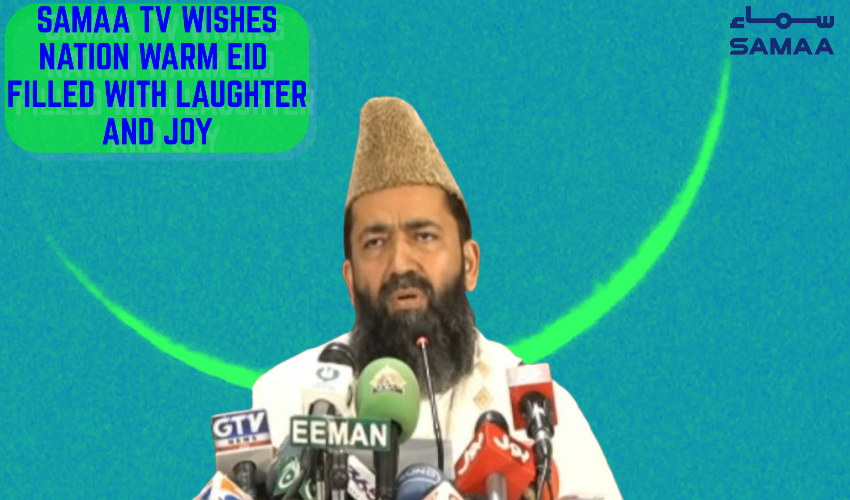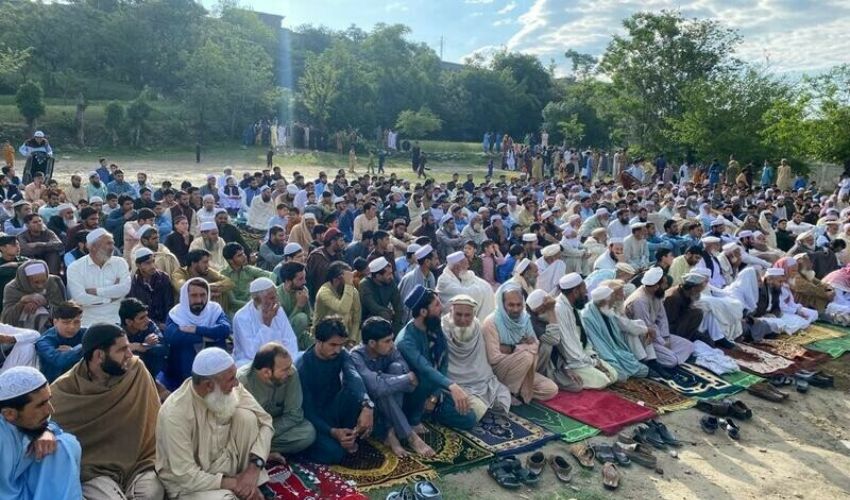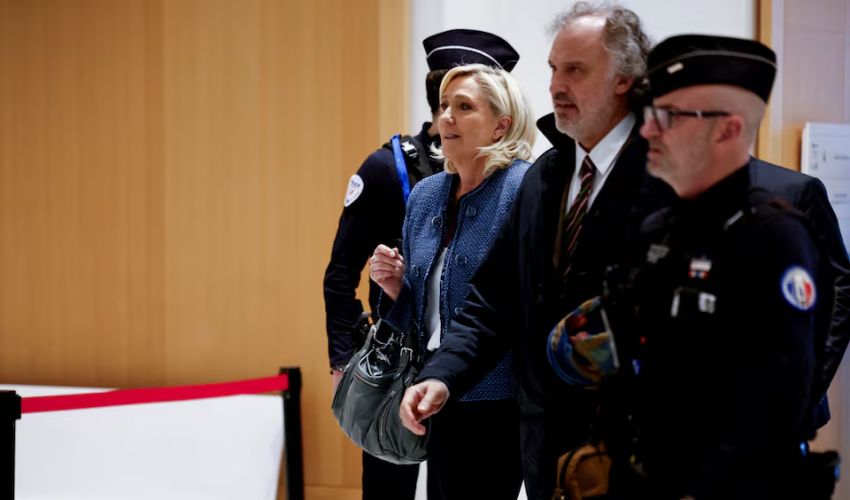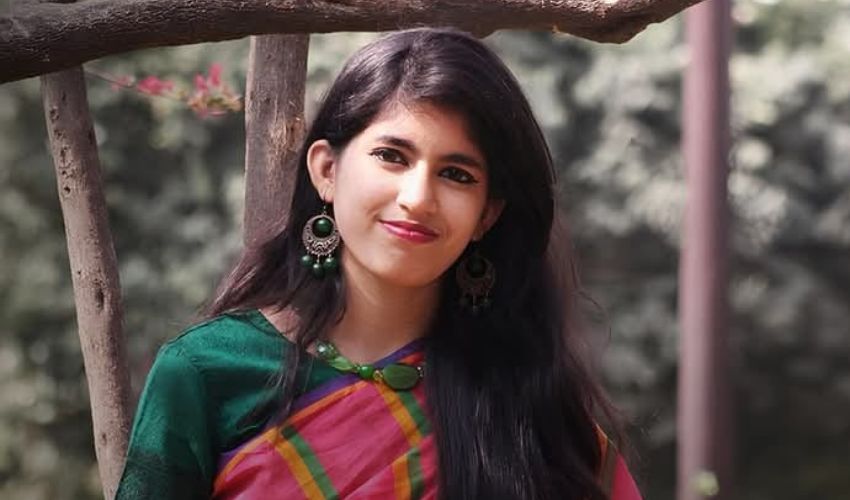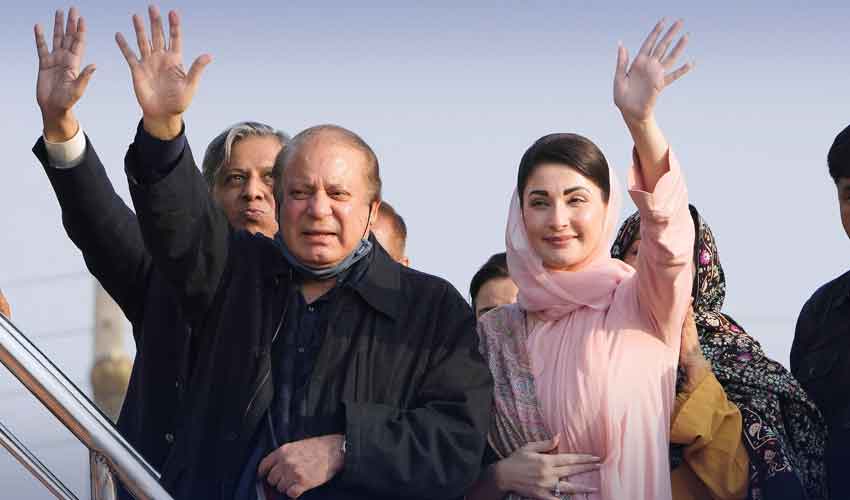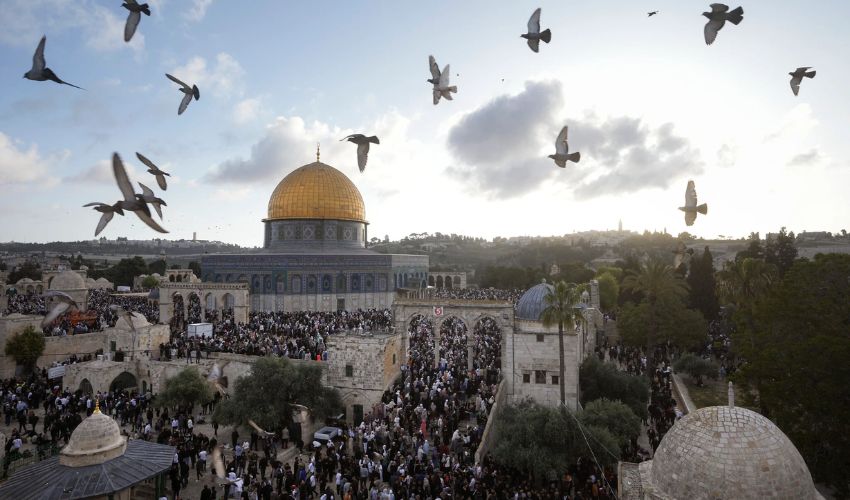Minorities in India are facing severe challenges in the third term of the Modi government, as ethnic, linguistic, and religious prejudices intensify. The extremist policies of the BJP are exacerbating these issues, leading to widespread deprivation of basic rights and escalating violence.
In Manipur, the situation has reached a critical point. The region is engulfed in violence, with the Matti and Kuki communities embroiled in conflict under what many perceive as a well-orchestrated conspiracy by the BJP government. Instead of addressing the root causes of the unrest, the Modi administration is accused of attempting to suppress dissent through force.
According to recent reports, a curfew has been re-imposed in the Imphal Valley for several days, with the area heavily cordoned off by Indian forces. Despite these measures, separatists have launched rocket attacks in Bishnopur district, damaging a community hall and several houses. The violence has intensified with armed groups targeting civilians, and recent incidents include the burning of five houses on the outskirts of Imphal and drone attacks by Kuki militants.
The situation has further deteriorated with militants using long-range rockets and targeting high-profile figures, including the residence of former state chief minister Myrimama Koereng Singh. In response, state police and Indian forces are conducting extensive search operations, which have exacerbated the difficulties faced by local residents, forcing many to live as refugees within their own country.
International concern is mounting over the ongoing crisis in Manipur, with widespread criticism directed at the Modi government's handling of the situation. Critics accuse the administration of promoting extremism to further its political agenda, while failing to control the rising militancy and violence.





